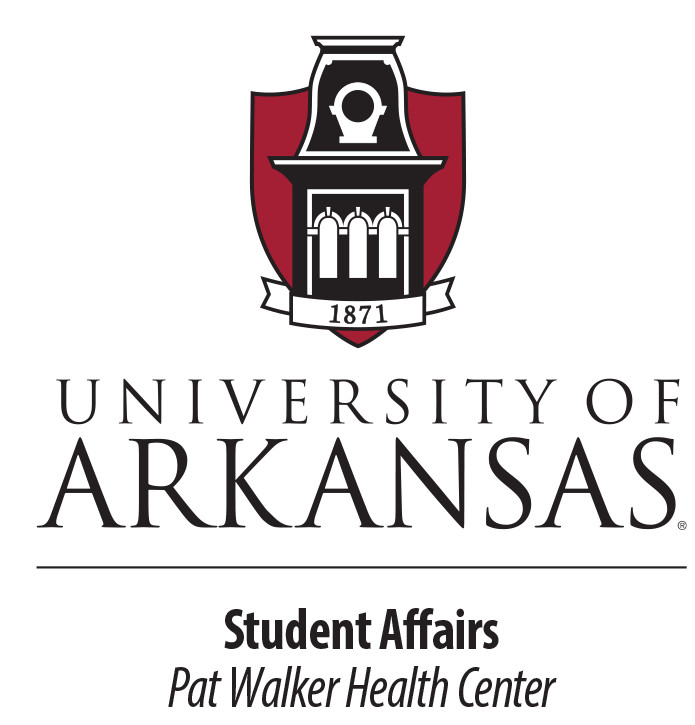Health Department Confirms Two Mumps Cases Involving UA Students
The Arkansas Department of Health has confirmed two cases of mumps involving University of Arkansas students. Currently, transmission does not appear to be on-campus, however those who may have been exposed to mumps received additional communication and information from the Pat Walker Health Center.
"On Nov. 29, we were informed by the health department about two positive cases of mumps in current students," said Dr. Huda Sharaf, medical director at the Pat Walker Health Center. "We want to assure the campus community not to be alarmed, and that we are working with the health department to stop the spread of mumps and educate the community about potential symptoms and what to do should they have them."
Mumps continues to be a concern throughout the entire state, as the Arkansas Department of Health reports more than 1,600 cases are currently being investigated. These are the first reported cases of mumps involving the U of A.
What you need to know about mumps
- Mumps is a contagious, viral illness that is easily transmitted through coughing and sneezing, and direct contact with respiratory droplets or saliva from an infected person.
- There is no treatment for mumps, however symptoms usually resolve themselves within a few weeks.
- The most common symptoms include:
- Fever
- Headache
- Muscle aches
- Tiredness
- Loss of appetite
- Swollen cheeks and/or jaw
- Symptoms typically appear 16-18 days after infection, but this period can range from 12-25 days after infection. Most people with mumps recover completely in a few weeks.
If you believe you have been exposed to the mumps, or are experiencing symptoms, call the health center at 479-575-4451. It is also important to avoid public places and close contact with others.
Protect yourself and help stop the spread
Unvaccinated people are nine times more likely to get mumps than those with the CDC recommended two doses of Measles, Mumps, Rubella vaccine (MMR).
"The best way to protect against mumps is to get the MMR vaccine," said Dr. Sharaf. "Anyone who hasn't received the MMR vaccine or needs their second dose can contact the Allergy, Immunization and Travel Clinic at 479-575-7723."
While the MMR vaccine prevents most cases, some people who receive two doses of MMR can still get mumps, especially if they have prolonged, close contact with someone who is infected.
"We encourage everyone to make sure they are up to date on the MMR vaccine, and to let their doctor know right away if they think they may have mumps," said Dr. Sharaf. "It's also especially important everyone takes additional measures to avoid spreading and contracting mumps."
Other ways to help prevent the spread of the mumps virus is to practice good respiratory hygiene:
- Cover your mouth and nose when you cough or sneeze.
- Wash your hands often with soap and water.
- Avoid sharing drinks or eating utensils.
- Disinfect frequently touched surfaces, such as phones, doorknobs, tables, counters, etc.
For more information about mumps, go to:
- http://health.uark.edu
- http://www.cdc.gov/mumps/about/signs-symptoms.html
- http://www.immunize.org/catg.d/p4211.pdf
- http://www.healthy.arkansas.gov/programsServices/infectiousDisease/CommunicableDisease/Pages/Mumps.aspx
If you believe you have been exposed to mumps, or are experiencing symptoms, call the Pat Walker Health Center at 479-575-4451.
Contacts
Zac Brown, assistant director of communications
Pat Walker Health Center
479-575-4649,
zacharyb@uark.edu
Steve Voorhies, manager of media relations
University Relations
479-575-3583,
voorhies@uark.edu
